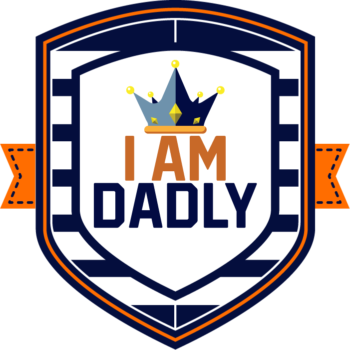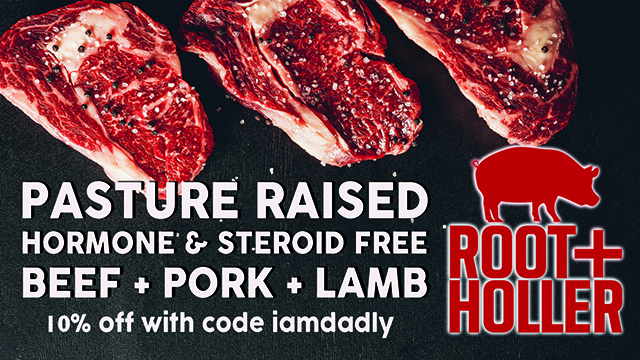
Here is today’s Game and what’s going on.
This is what I learned from Dave Hollis‘ book, Get Out of Your Own Way.
Today’s highlights and declaration come from the book’s second chapter, titled “Lie #3: I Have to Have It All Together.” Let’s jump in:
- Every interaction we have is a negotiation of sorts. Every conversation with our partner, the way we hope to motivate our children, the attempts to connect in friendships, all of them are a kind of negotiation. Was there a chance that if I employed some of the same tactics that had worked in my professional life it might bear fruit in my personal life as well? Were there things I was missing out on personally because of this posture I’d been keeping up of having to have everything together?
- No one has it all together, and the people who are willing to admit that freely, who are willing to admit that first, will disarm and connect with the people they care most about in life. There are so many things we all universally struggle with, and when someone acknowledges this, we can’t help but be drawn to them.
- It can be lonely, isolating, and hard to find people to come alongside you if you don’t own your struggles. If you’re basing relationships on a front of everything being okay, are you really building an authentic relationship? As someone who for too long believed that representing strength was the way, I can tell you with certainty that it was only when I began connecting with people as my authentic, everything-not-all-together self that I was able to form relationships that were deeper, more meaningful, and available to support me in the seasons I needed them most.
- When I was most stuck, my willingness to raise my hand and acknowledge I needed help was the reason I was able to get help—and it was only in getting help that I was able to get out of my mess.
- The notion of disruption is one of the single greatest ingredients in innovation today. In a world where wearing masks of perfection and inauthentically assuring the masses that all is good, the person who’s willing to own their imperfections and deviate from the cultural norm will embody disruption in a way that creates for them an unfair advantage in their life, their work, and their relationships. Be that kind of disrupter.
THINGS THAT CAN HELP YOU
- Use vulnerability as a strength.Whether you’re in a business or personal relationship, being open about the things you’re struggling with makes you relatable, allowing you to connect more authentically. Whatever taboo you associate with admitting the things that aren’t great about your life, once you flip that narrative in your head, you’ll open yourself up to the possibility of community and results on a whole different level.
- Preemptively acknowledge your weaknesses. In your personal relationships, when you get ahead of your weaknesses and are able to be honest in owning your experience, not only do you create a bridge of empathy with the ones you’re trying to connect with, you can also manage the narrative around why those weaknesses exist and how they could be overcome.
- Learn to give an honest representation of yourself from the start. Too much of our time is spent trying to parse through what’s real and what’s not, what matters and what doesn’t. If we start our conversations from a place that’s more honest, authentic, and real, the chances that we’ll get to a deal, a meaningful relationship, the help we need when we need it, or achieve a desired goal are remarkably higher.
That leads us to today’s Dadly Daily Declaration:
The notion of disruption is one of the single greatest ingredients in innovation today. In a world where wearing masks of perfection and inauthentically assuring the masses that all is good, the person who’s willing to own their imperfections and deviate from the cultural norm will embody disruption in a way that creates for them an unfair advantage in their life, their work, and their relationships. Be that kind of disrupter.



